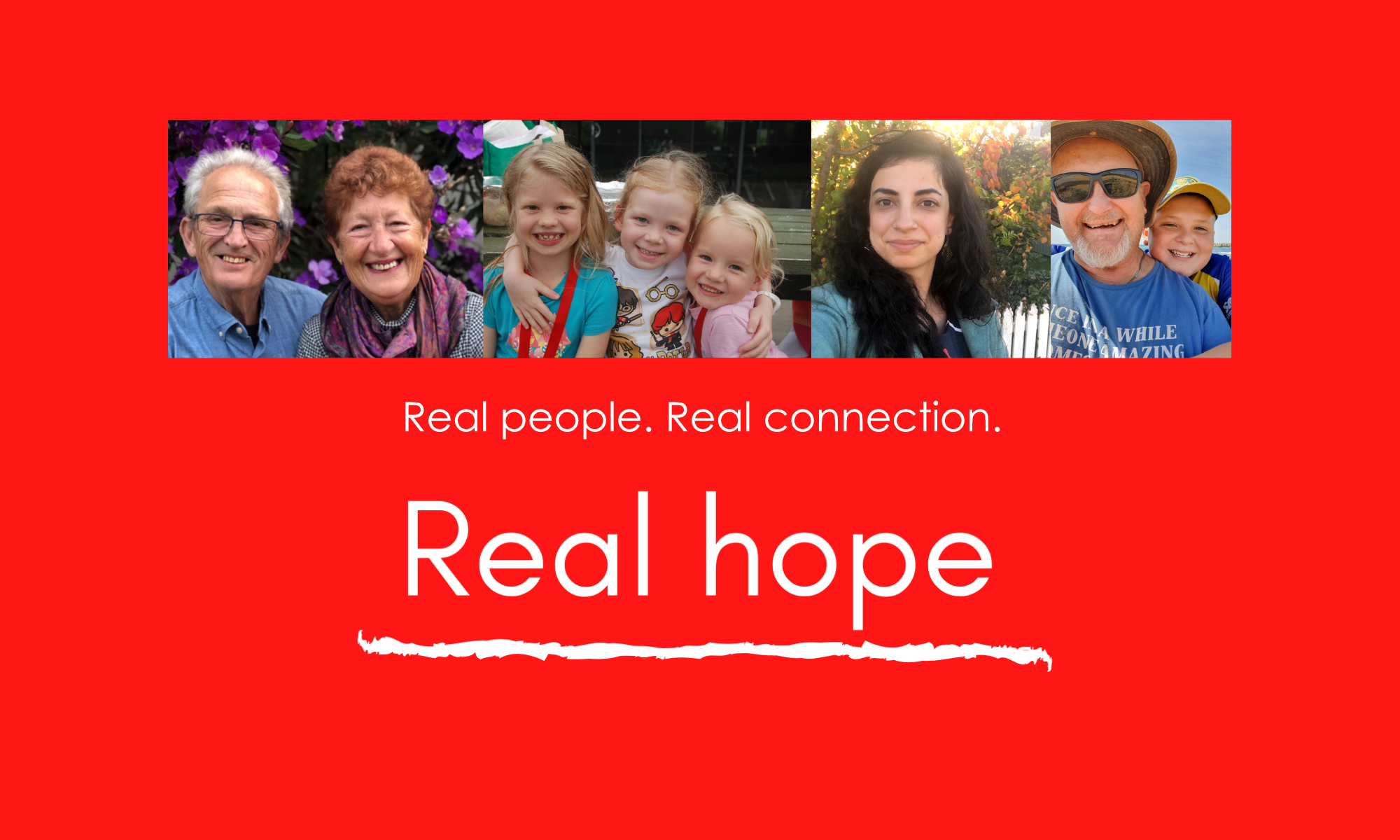Dear friends,
Prior to Christmas I was in the midst of a series of articles about living in an age of outrage. I’d recommend you go back and start from Part 1 before reading on.
We had acknowledged that the art of dialogue and disagreement has been lost in our society and now we behave in a polarised fashion, taking sides and yelling abuse. In the face of this, even when we are the abused, Christians are neither commissioned to become abusers or to retreat into our buildings to form holy huddles and talk about the good old days. We live in a broken and fragmented world in need of the Gospel; and the God who did not spare his own Son for us has given us a mission focused on the outraged.
Outraging against outrage and retreating from outrage are not Gospel options. Proclaiming the Gospel is what is needed – and we have been thinking about how to do this.
In these last few articles I want us to think about bringing the Gospel to the various spheres in which we live and relate – firstly, our online communities.
It has been said that we are a society in which everything is permitted and nothing is forgiven. Our world constantly preaches that you can do or be anything you want until it is offended at what you are doing or what you are. At that very moment, a switch flips, a mob forms and pitchforks are unleashed. Autonomy and rage spill forth and it is at that very moment that Christians must be “people of the towel rather than people of the pitchfork (John 13:1-17)”. Ed Stetzer continues “People of the towel grasp that Jesus wants us to humbly and lovingly serve others in every human interaction.”
There are several ways I have seen Christians NOT do that:
- classic hashtag activism (which is really slacktivism) that confuses joining a cause with doing something about a problem;
- anonymous trolling rather than open, humble, gracious, direct speech; and
- refusing to say anything critical despite the defaming of the Gospel through false teaching.
We need to find a way to graciously and humbly defend and proclaim the Gospel while loving those in outrage against our Lord and his people. Let us therefore consider the following:
- the internet is just neither good nor bad, it is a tool that God has given that can be used for good or evil. Let us continually ask ourselves if we are using it for the good God desires!
- our presence on the internet is public. People watch the way we interact online and hold our efforts up against our claims to follow Jesus. Ed Stetzer writes that this also explains “why our never ending rants might be the reason our neighbours are reticent to grab a coffee; why complaining about someone’s theology might be the reason our friends won’t come to church with us; why our passive-aggressive comments about others might be the reason people don’t open up to us.”
There is more to say here but I will leave that for next week!
In Christ,
Nigel
